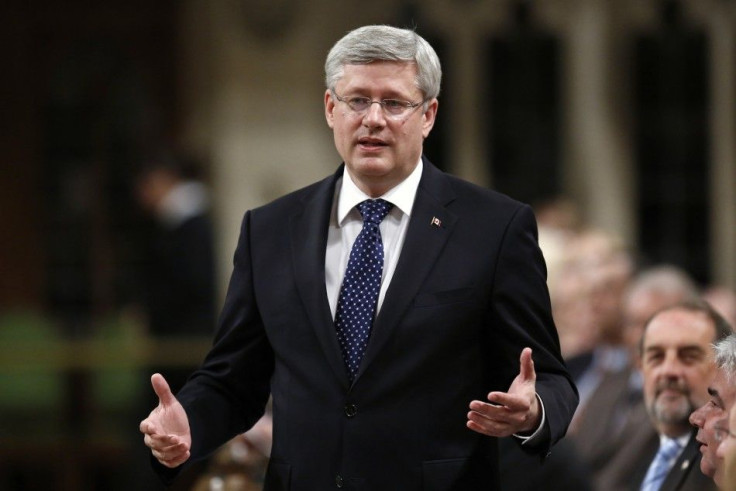Canada Claims Good Progress in EU Trade Pact Despite Germany’s Defiant Postures

Canada is getting ready to clinch a trade deal with the European Union. The CBC CA report says the Canadian Trade Minister Ed Fast's office is claiming excellent progress in the trade pact despite reports of Germany being unhappy.
Canadian Prime Minister Stephen Harper and European Commission President Jose Manuel Barroso had signed the in principle deal in Brussells last years.
The trade pact may be signed in September or October in Canada in the presence of the premiers from the two countries.
German anxieties
According to a report in the German paper Sueddeutsche Zeitung, the German concerns emanate from the rights granted to foreign investors in challenging the decisions of Berlin policy makers and the insistence that the final verdict will be that of the independent arbitration panel than the courts of Germany.
The newspaper report raised the speculation that Germany will not sign the Comprehensive Economic Trade Agreement (CETA) with these contentious provisions on investor-state dispute settlement (ISDS) regulations.
Bumps ahead
Lawrence Herman, an expert at Herman and Associates Law firm says the issue of ISDS arose out of the stakeholder consultations held in Germany after the in- principle signing of the deal in Brussells.
Germany is highly concerned about the provision that empowers foreign investors to sue host governments. At the same time such privileges do not exist for local investors.
Germany and other EU partners see the trade pact with Canada as a test case and a future template for the EU-US trade deal. Therefore any out of the box concessions to Canada will mean the erosion of their bargaining power when it comes to negotiating with the US.
Boost for trade
The EU-Canada trade deal will spurt the bilateral trade by one fifth of the current value and make it 26 billion euros a year. Once the trade deal start covering both the US and Canada, it will be one third of EU world trade and half of the global economy. Significantly the proposed accords with the US and Canada seek to go beyond tariff cuts as a vehicle in reducing trans-Atlantic barriers to businesses.





















